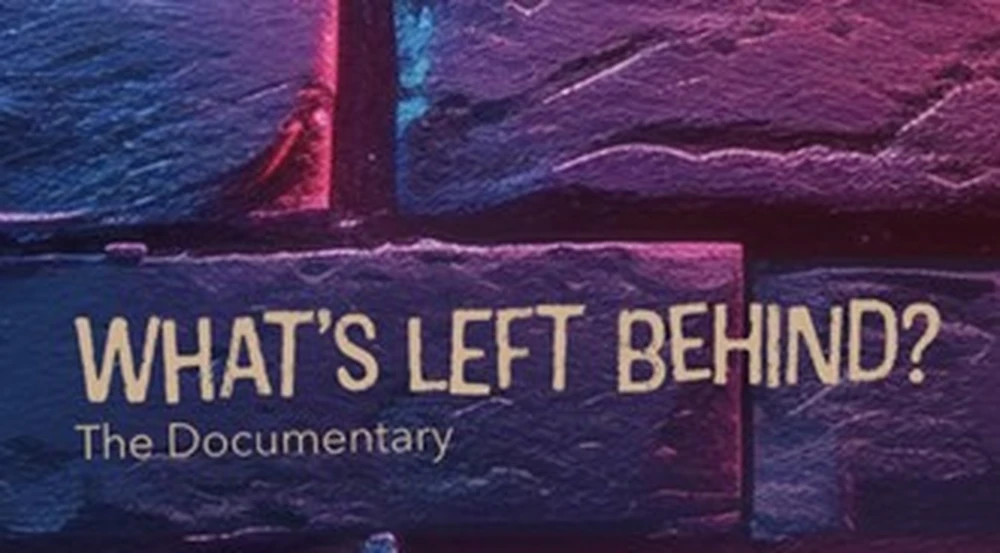
CHICAGO -- What’s Left Behind?: The Documentary delves into the enduring trauma and the limited resources available to families impacted by gun violence in Chicago. Executive Director and Documentarian Dr. Janice Collins, Co-Producer Linda Butler, a Clinical Social Worker based in Chicago and Co-Producer Dr. Ruby Mendenhall at the University of Illinois, Urbana-Champaign, offers an exploration of the lives lost to gun violence through the voices of their families.
On December 7, a public screening of the documentary and a panel will be hosted at Reva and David Logan Center for the Arts, located at The University of Chicago, 915 East 60th Street, Suite 122. Doors will open at 2:30 p.m. with the screening beginning at 3:00 p.m. The panel will be followed by a reception. The panel will feature Executive Director, Dr. Janice Collins, Co-Producer Lisa Butler, AM LCSW, and Co-Producer Dr. Ruby Mendenhall to discuss the mission and work behind the documentary. The panel will also feature Dr. Deborah Gorman-Smith, Dean and Professor at University of Illinois’s Crown Family School of Social Work, Policy and Practice, and Dr. Charisma Pryor, Owner of Inspirations of Courage, and mother of 2016 Chicago murder victim, Raymod Pryor.
Executive Director Dr. Collins said that featuring the voices of family members who lost loved ones to violence is intentional, in the documentary and on the discussion panels.
“It is a way to humanize the victims, challenge misconceptions about Black youth, and advocate for public policy changes to support those affected by these tragedies,” said Dr. Collins.
The screening and panel is made possible through a partnership with University of Illinois, Urbana-Champaign, University of Chicago, Carle Illinois College of Medicine, Illinois Innovation Network and the MacArthur Foundation.
“Collectively, so many of us have realized the need to share just how devastating Chicago’s violence is for families, specifically those families who are underserved,” said Dr. Mendenhall.
The message to the general public carries an important purpose, as told by Butler, who conceptualized the documentary: “The larger goal is to make gun violence a public health crisis and receive resources to end it,” Butler said. “By highlighting the mental and physical toll of gun violence, the documentary seeks to foster dialogue and collective action towards addressing the social inequalities that contribute to this pervasive issue.”
For media inquiries and to schedule interviews, contact the documentary’s Publicist,
Vee L. Harrison, at 331-258-4962 and veelharrison@gmail.com.